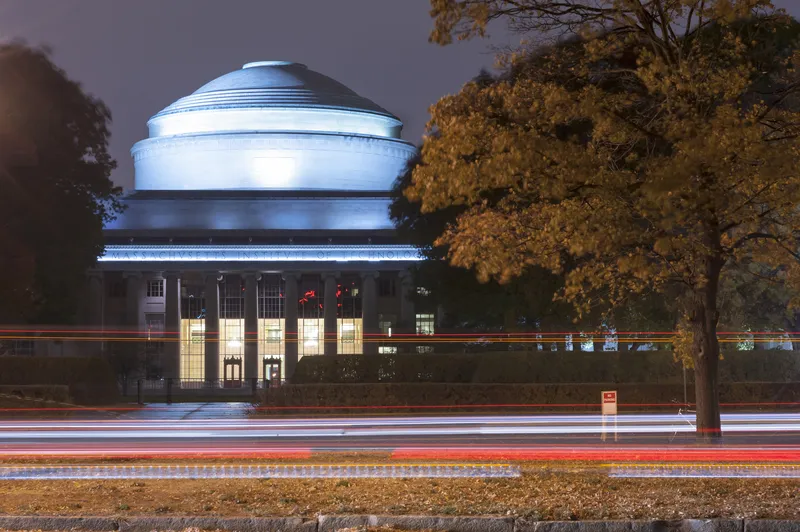The
The 16.2-mile Maryland Purple Line will connect major activity centres in Bethesda, Silver Spring, Takoma-Langley Park, College Park, and New Carrollton to three Washington Metropolitan Area Transit Authority rail lines, all three Maryland Area Regional Commuter (MARC) rail lines and
The project includes the construction of 21 stations, two vehicle and maintenance storage yards with shop facilities, and the procurement of 25 articulated light-rail vehicles.
In addition to the funding from FTA’s Capital Investment Grants Program, in June 2016 US DOT announced a Transportation Infrastructure Finance and Innovation Act (TIFIA) loan of US$874.6 million to Purple Line Transit Partners for construction of the Maryland Purple Line.
Purple Line Transit Partners to design, build, finance, operate and maintain the 16.2-mile light rail system. MDOT will be the owner of the project and its selected private partner, Purple Line Transit Partners, will implement the project on a design-build-finance-operate-maintain basis.
US DOT awards funding for Maryland Purple Line Project
The US Department of Transportation’s Federal Transit Administration (FTA) has announced a US$900 million federal grant agreement for the Maryland Purple Line Light Rail Project. The light rail line will make travel across Montgomery and Prince George’s counties faster and more reliable, improving access to major business and activity centres in the state’s most populated counties. The 16.2-mile Maryland Purple Line will connect major activity centres in Bethesda, Silver Spring, Takoma-Langley Park, College
August 29, 2017
Read time: 2 mins








